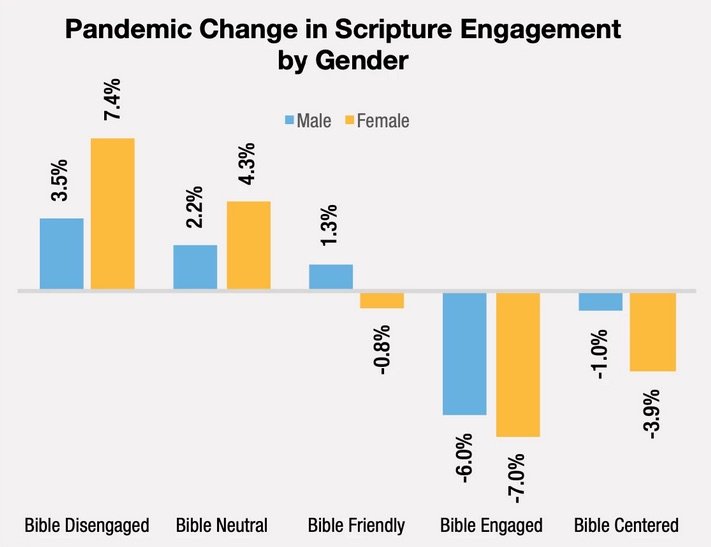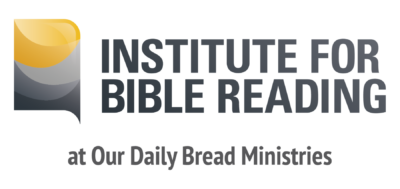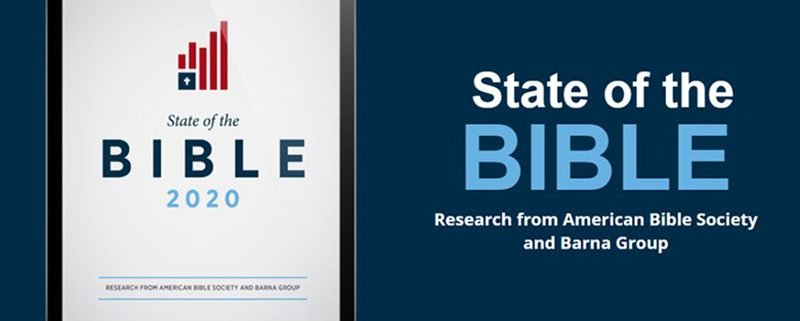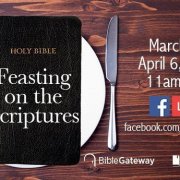3 Takeaways from ‘State of the Bible 2020’
American Bible Society and Barna Group recently released their 10th annual State of the Bible report exploring various trends in American spirituality and Bible engagement. The 2020 report is a unique edition which reveals two sets of survey data collected in January and June, before and after COVID-19 upended life as we know it.
The special circumstances around the 2020 report shed some light on important realities regarding the Bible in America. Here are 3 takeaways we found:
Things Aren’t Good
Not exactly breaking news, but it’s worth saying. 35% of Americans say they never read the Bible, which is up from 25% at the report’s inception in 2011. Ten percent in nine years. 60% of Americans read the Bible less than five times per year.
“Despite nearly every individual in the U.S. having access to the Bible, engagement has decreased. That’s been a consistent trend over the past few years, and the trend has accelerated since January 2020 throughout the pandemic,” said ABS president and CEO Bob Briggs.
The data makes it clear: the magical thinking that Bible Access equals Bible Engagement is misguided. Reading, understanding, and immersion in the text don’t happen automatically.
Initial Bible Curiosity Didn’t Last
For years, Barna’s research has shown that the majority of Americans wish they read the Bible more. A Lifeway Research study revealed that the top two reasons people claimed for their lack of Bible reading were “I don’t prioritize it” and “I don’t have time.” Maybe the dire situation of the pandemic and the limited activities during stay-at-home orders could lead people to open up the Word. You can only watch so much Netflix, right?
In the early days of COVID-19, it looked like that could actually happen. As uncertainty swirled and people adjusted to the difficult realities of isolation, many turned to the Bible as a source of hope. Bible sales surged.
Yet for all the extra Bible sales, and despite many people having more free time on their hands because of quarantine, unemployment, and other factors, Bible engagement actually declined between January and June.

What actually happened in the days and weeks after the shiny new Bibles arrived in the mail? What kinds of practices and habits did people try? Did they feel equipped with a good understanding of how to read the Bible? Did they feel confident or overwhelmed? Now there’s some survey data we’d be interested in seeing.
Community Strengthens Bible Engagement
“To increase Scripture engagement, we must increase relational connections with one another through the church,” said ABS director of ministry intelligence John Farquhar Plake. “The pandemic—and now this survey—have shown that when relational church engagement goes up, so does Scripture engagement, but when it goes down, Scripture engagement drops with it.”
Dr. Plake is echoing what we’ve found from over a decade of creating and facilitating community Bible reading experiences like Immerse. As much as Bible reading has morphed into a solo sport in the modern era, the fact remains that the Bible has always been a book meant for communities. People simply struggle to read and understand it on their own. More than half, in fact.
Many churches were understandably in survival mode during the early months of the pandemic, frantically setting up online services and adapting to serve a variety of unforeseen needs within their congregations.
But it’s time to settle in for the long haul. Merely streaming services won’t cut it. One in three practicing Christians has stopped attending church during COVID-19, including 50% of Millennials.
Spending time in the Bible remains far and away the #1 catalyst for spiritual growth, but it’s clear that people struggle when left to attempt it by themselves. Pastors need to facilitate ways for small communities to gather around the Word to read and discuss it together.
If you’re looking for a way to stay connected with your small group, family, neighbors, or friends during these hard times, check out Immerse From Home, a free digital resource we created to help communities get started with Bible Book Clubs via Zoom. Or simply jump in and start reading the entire New Testament in community with Immerse: Messiah.








